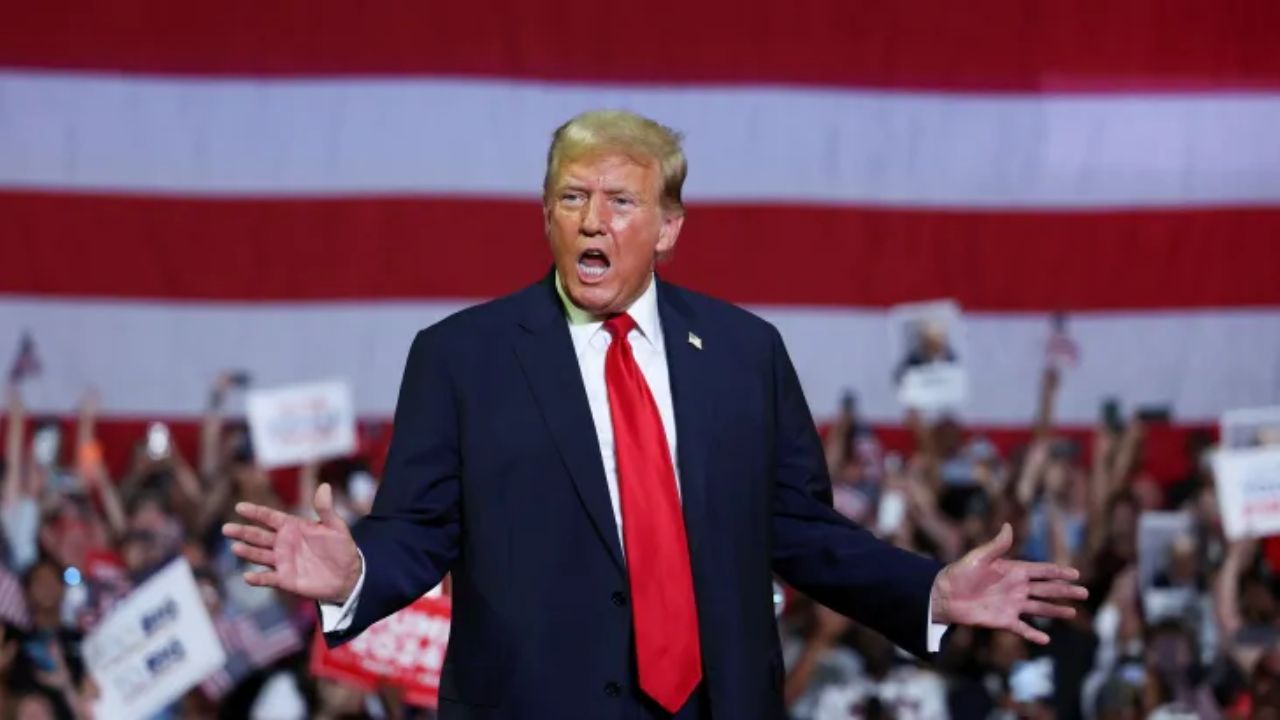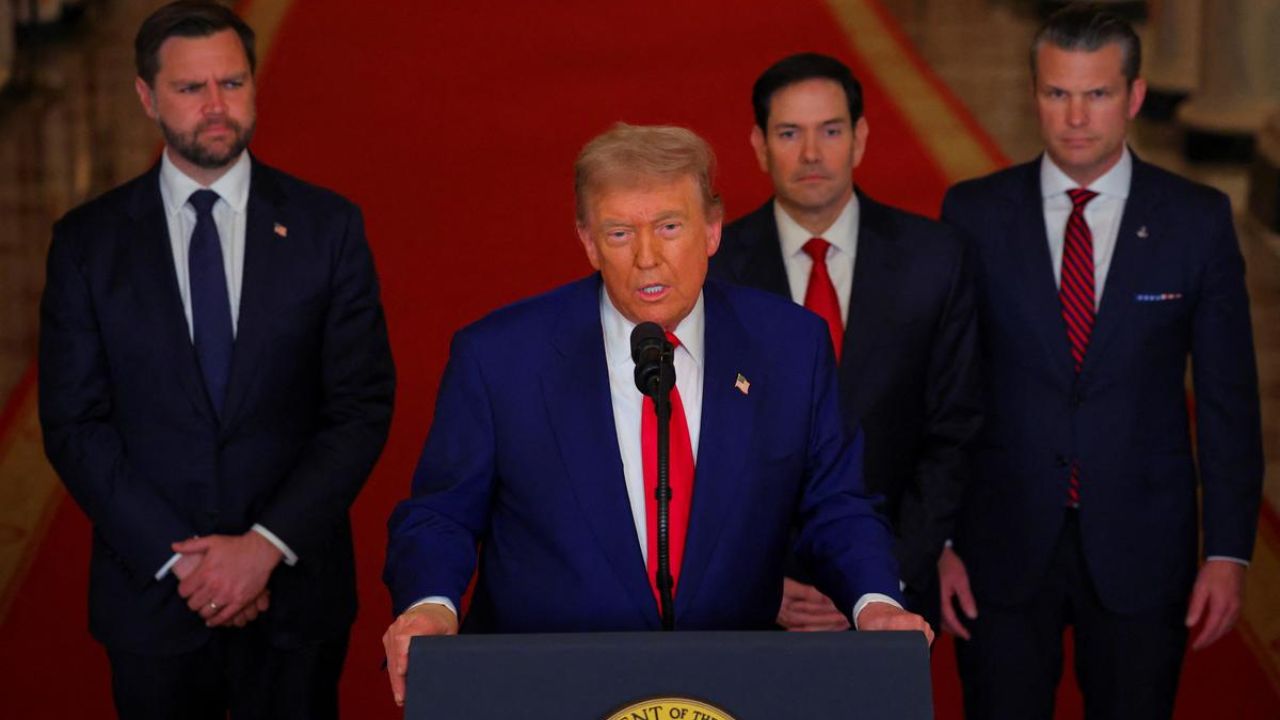 English
English

The US Supreme Court questioned President Trump’s tariff policy, raising legal and constitutional concerns. The final verdict is awaited, with the case having significant implications for US trade and international commerce.

US Supreme Court Questions Trump's Tariff Decisions
New Delhi: Amidst global trade turmoil sparked by tariffs imposed by US President Donald Trump, the US Supreme Court is poised to deliver a crucial ruling on the matter. The world is watching this decision closely, as it could directly impact US trade policy and international commerce.
The final hearing in the case took place on November 5, 2025, before the Supreme Court. During the hearing, most of the justices raised serious questions about Trump's tariff policy.
A lower federal court had already ruled that President Trump did not have the legal authority to impose tariffs on imports from countries like Canada, China, and Mexico.
Trump appealed the lower court's decision to the Supreme Court. The justices clarified that the tariffs are essentially a form of tax on American citizens and have a revenue-generating effect.
The tariff policy has been challenged by small businesses and a group of 12 states. A total of three lawsuits have been filed in this case. The petitioners argue that the president did not study the impact of the tariffs before imposing them, nor did he hold any official meetings or prepare any reports with the administration.

US President Donald Trump (Source: Internet)
The Trump administration must prove to the Supreme Court that its decision was rational and constitutionally sound.
During the hearing, Justice Sonia Sotomayor stated that the tariffs are indeed a tax. In response, Solicitor General John Sawyer argued that it is merely a regulatory tariff, not a tax.
Justice John Roberts also reviewed the argument, stating that it could grant the power to impose tariffs on any product from any country, at any time, and in any quantity.
The Solicitor General responded that the IEEPA (International Emergency Economic Powers Act) allows the president to regulate imports during an emergency.
Trump claims the US can “destroy the world 150 times over”
However, Justice Amy Coney Barrett objected to this argument and asked whether tariffs had ever been imposed on this basis at any other time or place in history. She also questioned whether, if Congress did not want this power, it would require a supermajority to remove it.
The Supreme Court has raised serious questions about Trump's tariff policy, which could have implications for U.S. trade policy and international trade. While the court's final decision is still pending, the hearing made it clear that the court is taking this matter seriously.